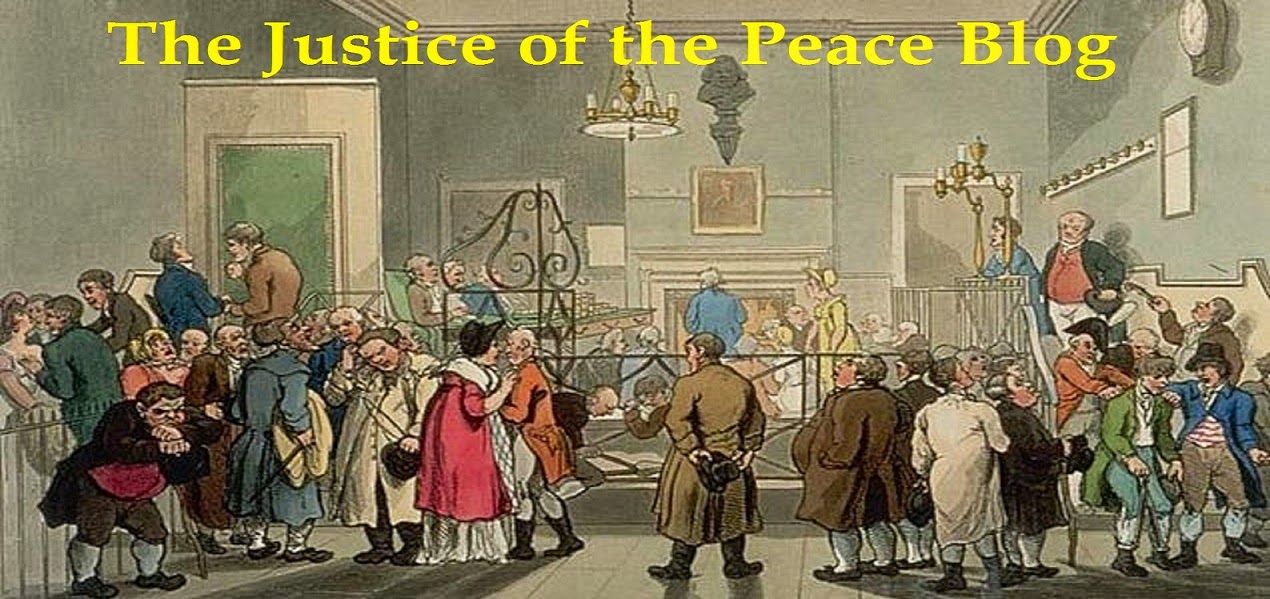"The Magistrates’ Association aims to represent the views of its members when developing policy or responding to consultation documents. Clearly, with so many members it is impossible to consult everybody and so, in common with similar bodies, the Magistrates' Association forms policy through the Council and its standing committees. The Council comprises representatives - branch council members - from each of the 58 local branches throughout England and Wales. Branch council members are appointed for terms of one year and meetings are held twice a year in May and December."
The largest trade union elects its council according to the following mode of representation as per its website:-


Presumably with the decline in members of the MA, they will become even less representative?
ReplyDelete